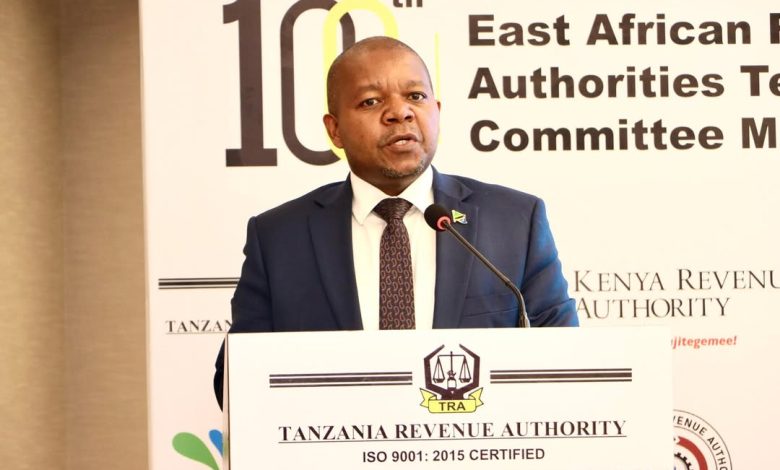EAC tax authorities embrace AI to modernise revenue systems

DAR ES SALAAM: EAST African tax authorities are placing renewed emphasis on technology-driven reforms, with Artificial Intelligence (AI) emerging as a central tool to enhance voluntary tax compliance and modernise revenue systems across the region.
This commitment was made during the 100th East Africa Revenue Administration Technical Committee (EARATC) meeting, held on Monday in Dar es Salaam.
“We must invest more in technology-driven reforms. I’m pleased that you will be discussing how best we can leverage artificial intelligence in tax administration. This is the best way to apply science in raising voluntary tax compliance,” said Tanzania Revenue Authority (TRA) Commissioner General, Yusuph Mwenda.
The meeting brought together tax experts from six East African revenue authorities to address shared challenges including tax evasion, smuggling and fiscal policy disparities that hinder trade and economic integration.
Commissioner General Mwenda said that technology, particularly AI, offers practical, forward-looking solutions to these issues, enabling smarter tax collection and more effective taxpayer engagement.
While acknowledging progress in expanding the tax base and improving compliance, he also pointed to persisting obstacles such as discriminatory tariffs that violate regional integration protocols and the complexity of tax systems, which often discourage voluntary compliance.
“Discriminatory fiscal measures within our region contradict efforts toward harmonisation and integration,” he said, calling for stronger collaboration to eliminate these barriers and foster seamless trade.
Mwenda also urged taxpayers to take an active role in promoting compliance by demanding fiscal receipts, which serve as proof of tax contributions.
“Those who fail to issue receipts undermine our collective efforts to build a culture of voluntary compliance,” he said, adding that TRA will launch a public awareness campaign across Dar es Salaam to encourage proper receipt issuance. In addition to adopting advanced technologies like AI, Mwenda advocated for simplifying tax laws to create a more predictable and userfriendly system.
ALSO READ: What will it take to reach the Sh1 trillion non-tax revenue target?
“We need a tax system so simple that even a Form Four leaver can comply with it,” he stated.
Other key discussion topics included the formalisation of the informal sector, tackling corruption to rebuild public trust and strengthening data analytics to better target revenue collection and improve decision-making.
The meeting also celebrated TRA’s strong performance in the 2025 financial year, achieving a notable tax-to-GDP ratio of 14.4 per cent, setting a benchmark for revenue authorities across the region.
Chairperson of the Technical Committee, Mr Beatus Nchota applauded the forum’s role in fostering regional cooperation and setting the stage for the upcoming Commissioners-General meeting in Rwanda.
He urged members to remain proactive and focused on solutions that advance the region’s shared goals of economic transformation and prosperity.
“As East Africa’s economies grow, so too must our tax systems—by embracing innovation, including AI and data analytics to meet the demands of a modern economy,” Nchota said.





